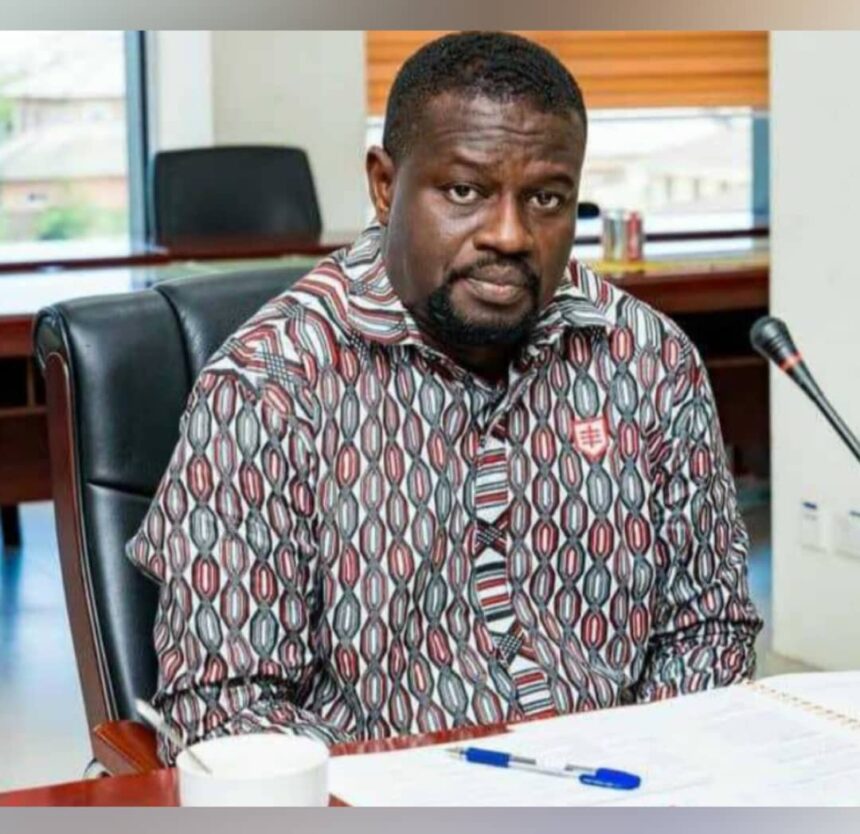By pursuing high-stakes bilateral agreements with the European Union and the United Arab Emirates, Minority Chief Whip Frank Annoh-Dompreh has called on former President John Mahama to act decisively and position Ghana at the forefront of the global carbon credit economy.
In a formal letter addressed to the Office of the President, Annoh-Dompreh outlined a bold plan to leverage Ghana’s commitments under the Paris Agreement to unlock up to $1 billion in revenue through verified carbon credit trading.
He asserted that a “transformative pathway” exists to finance climate-smart agriculture, preserve biodiversity, and stimulate rural development through strategic engagement with high-demand buyers such as the EU and Gulf countries.
“The time is now for Ghana to assert its leadership in Africa’s carbon economy,” Annoh-Dompreh declared, urging Mahama to embrace the proposal as a critical component of the country’s climate strategy.
Central to his proposal is the implementation of Article 6 of the Paris Agreement, which allows countries to trade emissions reductions as part of their Nationally Determined Contributions (NDCs).
He highlighted that the Ministry of Environment, Science, Technology, and Innovation has already revised Ghana’s NDCs to reflect a stronger commitment to achieving its climate goals.
“By selling high-quality carbon credits — particularly from nature-based solutions — Ghana can unlock significant revenue streams,” he added. These revenues, he said, could enable direct investments in regional carbon project developers like Sikafields Technologies and support smallholder farmers.
The EU has set an ambitious target to reduce greenhouse gas emissions by 90% by 2040, with 3% of that reduction to come from international carbon credit purchases beginning in 2036.
Simultaneously, projects like the Saudi-backed NEOM aim to purchase over 30 million tonnes of carbon credits, and both the United Arab Emirates and Saudi Arabia are making massive investments in voluntary carbon markets.
“Engaging through bilateral agreements will enhance Ghana’s access to premium carbon markets,” Annoh-Dompreh contended. He emphasized that such deals would not only accelerate the implementation of Ghana’s NDCs but also support strategic climate initiatives like REDD+ and the Ghana Cocoa Forest REDD+ Programme (GCFRP).
He further noted that the proposed collaborations could expand climate-smart agricultural initiatives beyond cocoa, tapping into crops like oil palm for their carbon sequestration potential and economic value in rural communities.
Annoh-Dompreh concluded by urging President Mahama to take swift action:
“Ghana must not only participate in the carbon economy — we must help shape it.”
Source: Najat Adamu






